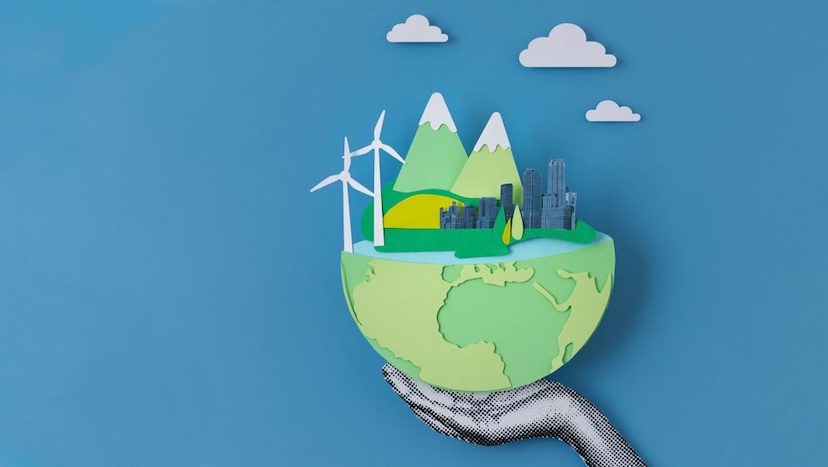Sustaining Sustainability in a Post-Pandemic Economy
The Future of Corporate Social Responsibility
The Corporate Social Responsibility Movement, or CSR, was blossoming pre-coronavirus . Restaurants and retailers were providing green packaging and customers were excited to support these initiatives, even if it meant paying a bit more. Companies like BlackRock (BLK) were thinking sustainably by pulling out of investments in thermal coal producers and backing funds that worked to improve environmental and social issues.
Now, however, companies across sectors are going into survival mode and stripping down to the essentials to save cash. This has caused many to wonder about what lies ahead for the Corporate Social Responsibility Movement.
Hard Choices
Many companies have been forced to put sustainability initiatives on hold during the coronavirus pandemic due to both cash flow concerns and public health precautions.
Unilever PLC (UN) has put water conservation and sustainable farming initiatives on hold during the downturn. Ford Motor Co. (F) shut down an electric car initiative, both because engineers are stuck at home and because they are looking for ways to save money. Starbucks (SBUX) has stopped allowing customers to bring in reusable cups for the time being to avoid the spread of infection.
Cities are in a similar position. New York, San Francisco, and other cities have suspended recent plastic bag bans for sanitation reasons.
Hopes of a Comeback
The Corporate Social Responsibility movement has recovered from setbacks before. In 2001, just as the movement was picking up steam, the 9/11 terrorist attacks caused progress to slow, but not to stop. Similarly, during the financial crisis of 2008, companies were forced to pause some sustainability initiatives, but when the economy picked back up, so did CSR.
Though companies are pinching their pennies to survive in the short term, they are not disregarding the future. As General Electric (GE) CEO, Larry Culp put it , “We don’t want to spend one dollar more than we need to this year, all the while making sure we don’t shortchange the long term.”
Consumers are also looking to save money, and may not be able to buy as many sustainable products at the moment, but that doesn’t mean they are letting go of their values. People will remember the way companies handle this period. As the economy heals, consumers may begin to be able to support brands that align with their beliefs again.
Please understand that this information provided is general in nature and shouldn’t be construed as a recommendation or solicitation of any products offered by SoFi’s affiliates and subsidiaries. In addition, this information is by no means meant to provide investment or financial advice, nor is it intended to serve as the basis for any investment decision or recommendation to buy or sell any asset. Keep in mind that investing involves risk, and past performance of an asset never guarantees future results or returns. It’s important for investors to consider their specific financial needs, goals, and risk profile before making an investment decision.
The information and analysis provided through hyperlinks to third party websites, while believed to be accurate, cannot be guaranteed by SoFi. These links are provided for informational purposes and should not be viewed as an endorsement. No brands or products mentioned are affiliated with SoFi, nor do they endorse or sponsor this content.
Communication of SoFi Wealth LLC an SEC Registered Investment Advisor
SoFi isn’t recommending and is not affiliated with the brands or companies displayed. Brands displayed neither endorse or sponsor this article. Third party trademarks and service marks referenced are property of their respective owners.
SOSS50502



